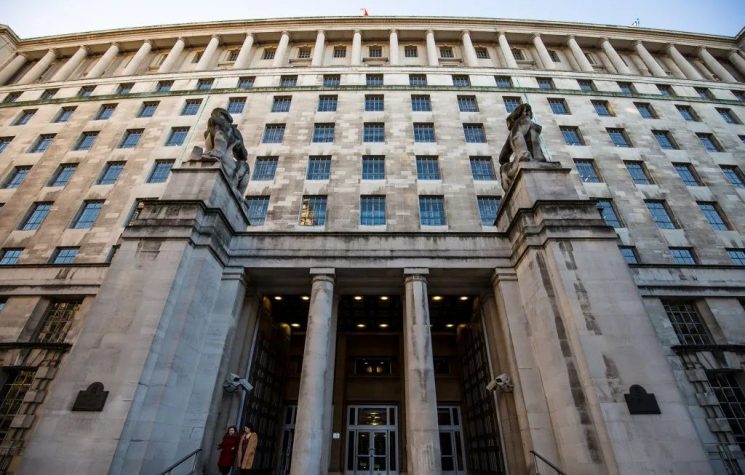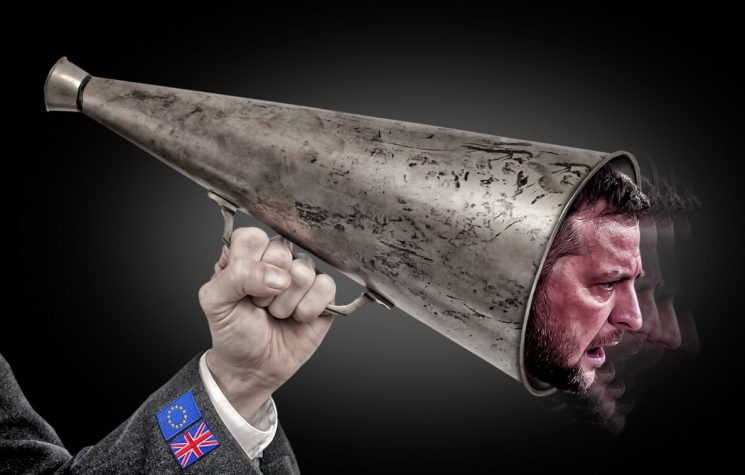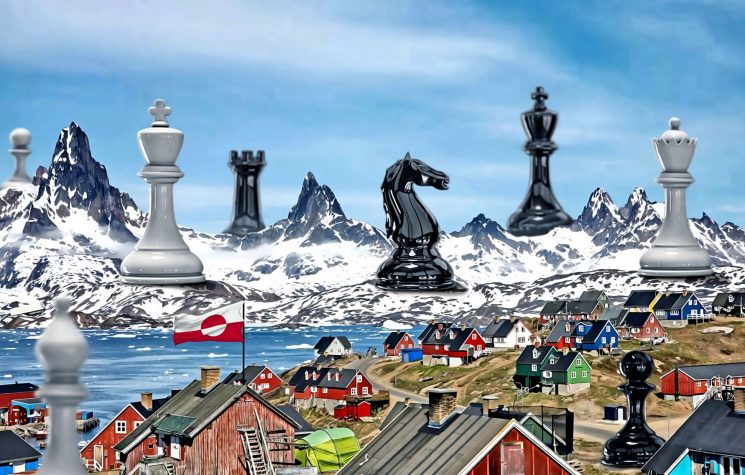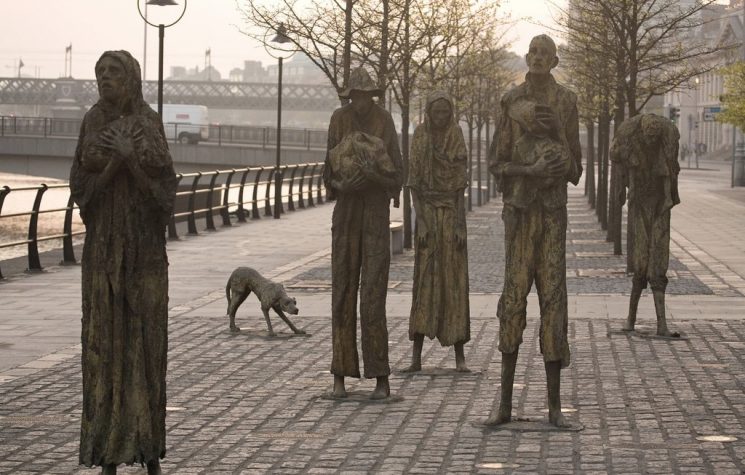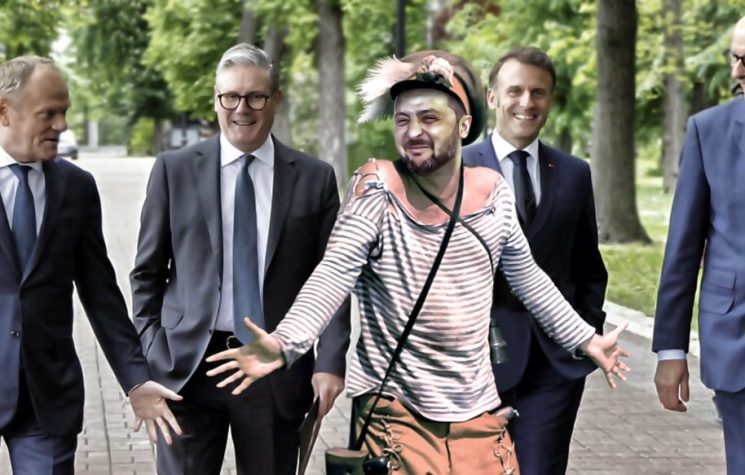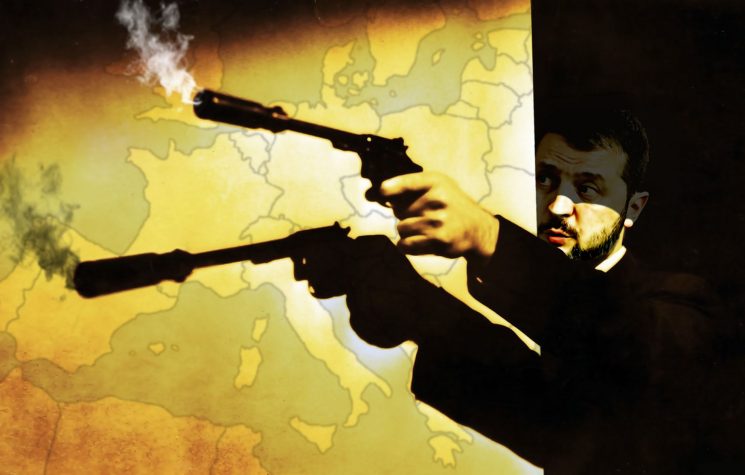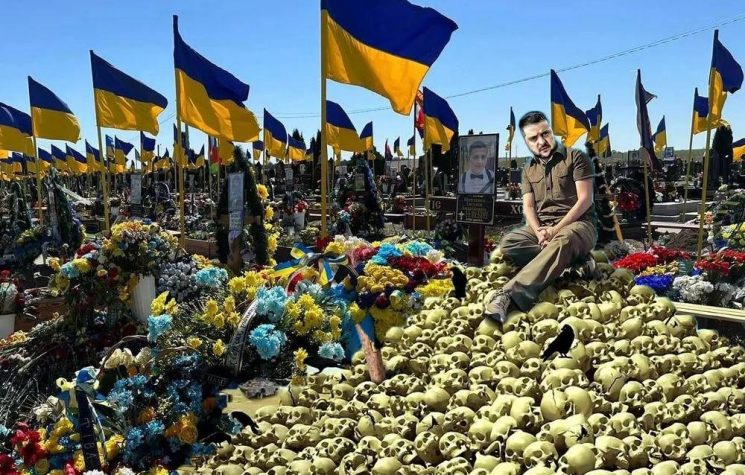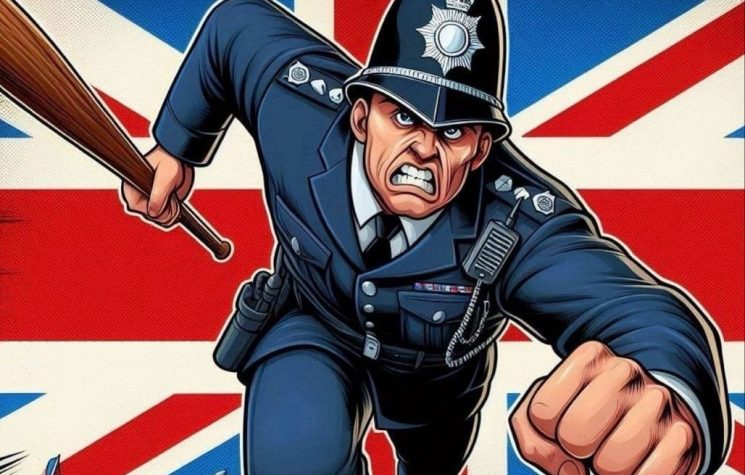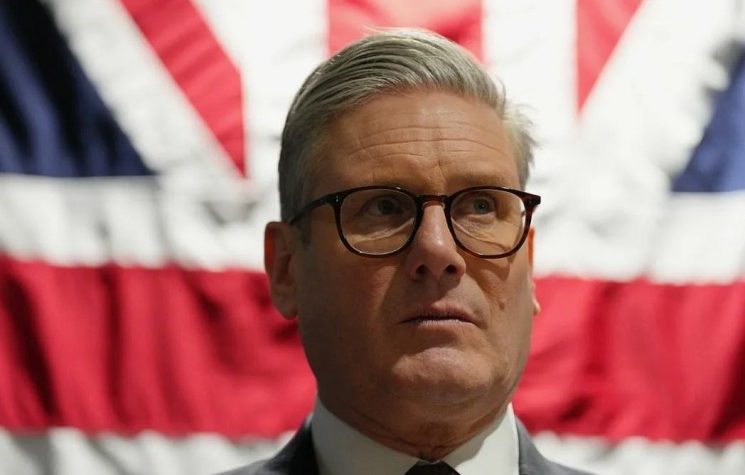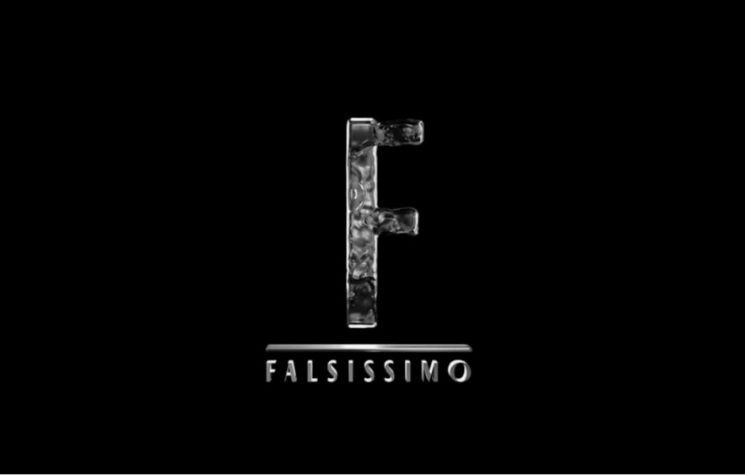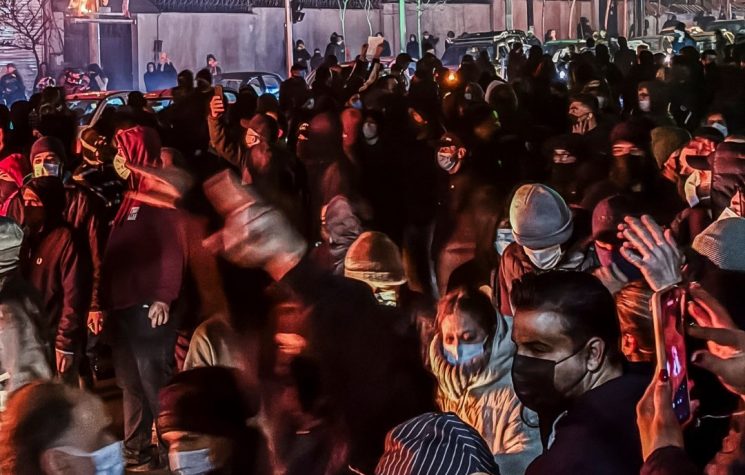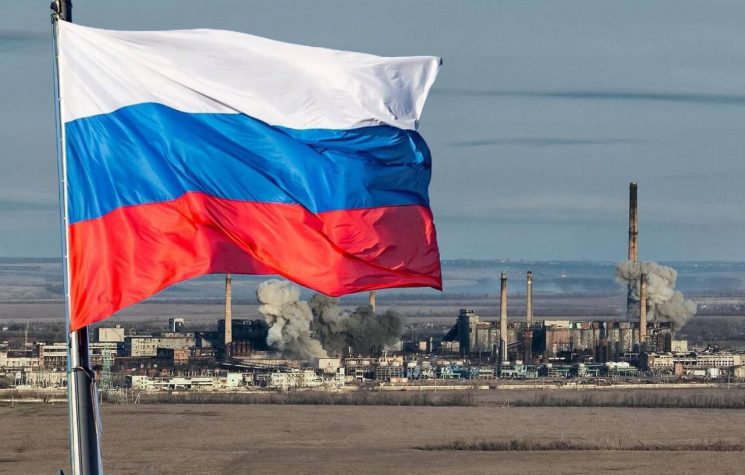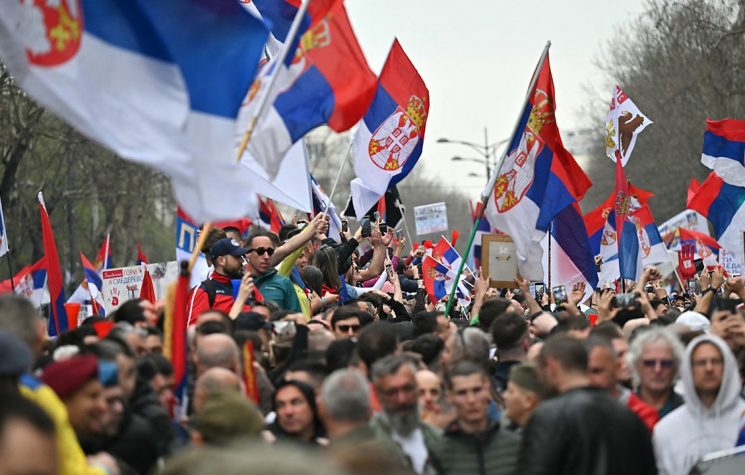When The Economist writes that the war is not going well for Ukraine, you can assume that the highest echelons of the EU share this interpretation.
Contact us: info@strategic-culture.su
It’s a little-known fact that the two British media giants, The Economist and The Financial Times, enjoy a very cosy relationship with the European Commission, so much so that one could almost imagine them all being one family. Each does its own bidding for one another and each assists one another with its aspirations, its viewpoint. And it’s fake news.
And so, when you read in The Economist that the war is not going at all well for Ukraine and its hapless president you can more or less assume that this is the interpretation also of the very highest echelons of the EU.
Since the war started, Ukraine’s president has had the full support of western media, which has agreed to go along with the fake news racket which his people organize; curtailing the freedom of western journalists, blocking them from getting hard news stories, data, statistics but above all taking them by the hand and leading them to the stories which they want reported. This game reached epic proportions in recent months as a parody of journalism reached its apex when the war turned on Zelensky in the summer of this year. Journalists didn’t report on it in such a way. Many stayed in Kiev and other large cities and were so desperate for a story which wouldn’t upset their hosts that they peddled the same one over and over again of the conscripts being bundled into the backs of vans. It was literally all they could do to keep active.
But this business model of late appears to have run aground. Both the Economist and the BBC have each reported on the frontlines and really told it how it is: bleak. No one can turn a blind eye any more to the advancement of Russian forces. The capture of Selydove might be played down by the Kiez media machine whose list of hilarious fake news stories is too long to publish; but Pokrovsk, which is the next target for Russian forces, will be a considerable victory which might topple the entire confidence of Zelensky and his cabal of advisors and sycophants. Pokrovsk is a town which is a transport hub, which supplies thousands of Ukrainian troops. If it is taken, it would effectively mean the mass surrender of most of them, or their hasty retreat as they won’t be able to eat or replenish their ammunition stocks. This itself will have a devastating blow on Ukrainian troops’ morale and we might well see a domino effect which accelerates Russia’s advance from a kilometer or two in a day to scores.
How will western media report the fall of this city? If The Economist and BBC reports are anything to go by, with some zeal one would imagine. It’s as though big media, in particular British, is anxious to stay on the right side of history when things start to fall down and emerge from the dust as wise old men with that “I told you so” sparkle in their eyes. It’s also about collective guilt. Western Media has blood on its hands as the hundreds of thousands of Ukrainian soldiers sent to the “meat grinder” is partly attributed to the support U.S. and UK media gave Zelensky.
What we are witnessing now from Zelensky is a panic mode which is accelerating at the same pace. His so-called “victory plan” hasn’t been taken seriously by any western leaders and he looks stupid now, alienated. His recent outburst about Biden leaking to the press about the ludicrous idea of using U.S.-made Tomahawk missiles might have been a defining moment which history writers obsess over then they write his eulogy.
For now, the panic isn’t really even about the battlefield, although it must be hard for Zelensky to read the dispatches each day of the losses in Kursk which could be considered Ukraine’s own Battle of the Bulge where German troops fought hard at the end of WWII against larger, bigger numbers of allied soldiers in the Ardennes and ultimately lost. In many ways Kursk was a trap which Zelensky set for himself, as the failure to capture the nuclear power plant pales into insignificance compared to the losses of men. Kursk is the ultimate meat grinder for Ukraine soldiers. No one comes back alive.
The real panic for Zelensky is now about his own political credibility. He is only thinking now how to survive the inevitable loss to Russia and stay a president. He knows only too well that if a quick ceasefire happens under Trump’s leadership, the Martial Law status of the country will be cancelled and presidential elections will be obligatory. Under Harris, the pain will only be drawn out longer, but with even more lost ground, lost bargaining leverage as she will force Putin to shift gear with his advance and head for Kiev. The irony of The Economist piece and its timing is that it prepares the ground for a massive blame game which starts with those who have been doing it like pros for decades – The European Commission – and amateurs who have just started to learn how it works, like Zelensky. The Economist is just warming up.












